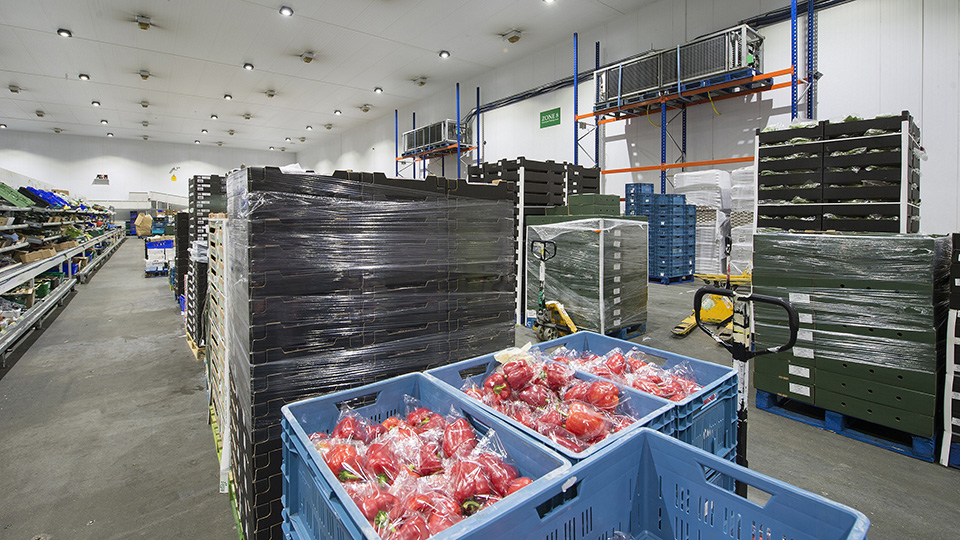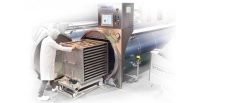Following news that Domino’s Pizza Group has spent £7million stockpiling ingredients in preparation of a no-deal Brexit, companies across the supply chain are facing the challenge of finding additional storage and cooling solutions to cope with demand.
According to Aggreko, manufacturers, retailers and the warehousing sector should consider temporary cooling systems or chillers, as well as supplementary temperature control systems, to help quickly implement an increased production line.
Domino’s announced it will be stockpiling the tomato sauce for its pizza bases, which it imports from Portugal, in addition to its frozen chicken and long-life products such as tuna and pineapple. As trends of ingredient stockpiling continue to dominate headlines, chillers and chilled air distribution systems should be considered as they allow ambient temperature warehousing to be transformed into chilled and cold storage to meet the increased demand.
Chillers, which modularly range from 50kW to 1500kW and can be maintained as low as (minus) -40°C, provide companies that are either considering or have already taken action to stockpile, with convenient, effective cooling for all applications, and ensure warehouses meet the required temperatures for the stored materials. With uncertainty surrounding the food industry set to continue, Aggreko is also urging the supply chain to re-think any permanent changes to chilled storage, as Matt Watson, Sales Manager at Aggreko, explains:
“Stockpiling is becoming more frequent amid a no-deal Brexit, food, storage and distribution companies need more efficient and trustworthy storage, immediately. As we await more clarity on Brexit and its impact, the utilisation of temporary chillers allows storage to be increased where extra capacity is required by transforming ambient storage into chilled facilities.”
Supplementary temperature control and power can also have a big role to play, as Watson explained: ”Temperature cooling equipment can help keep crucial operations running. This means food manufacturers can remain calm and fully operational when facing unexpected stockpiling or an emergency that require a temporary fix, with minimal production impact.”









